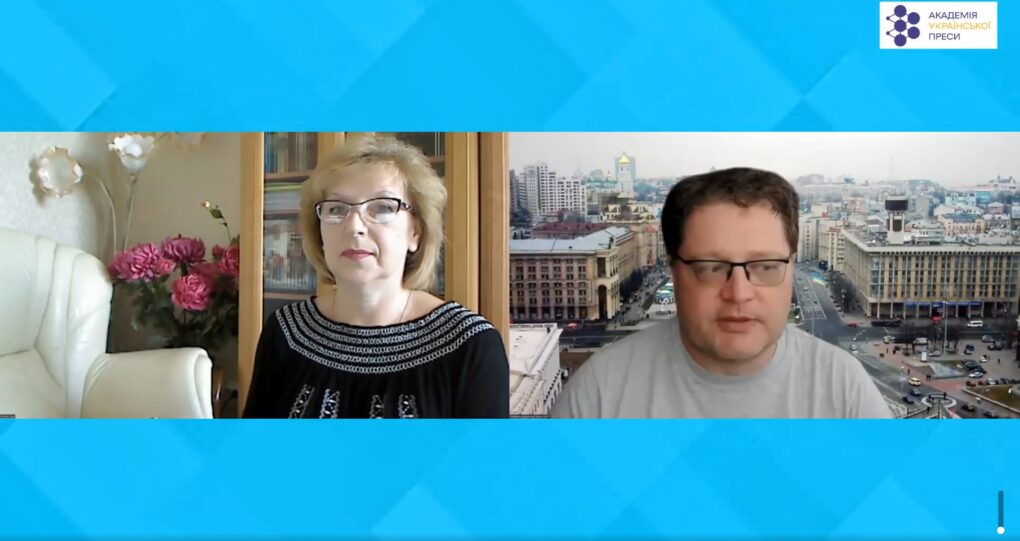
As you know, the Academy of Ukrainian Press devotes a lot of time to critical thinking, mastering media literacy skills, news consumption, and refuting disinformation and fakes. On September 5, 2023, we presented a new publication - "Information Hygiene and Media Education: What's New in Wartime".
With this manual, we want to convey a key idea: First and foremost, we need to educate children and those who teach them. Information hygiene has its own criteria. We should not get tired of talking about it, because it is an integral part of media education.
In peacetime, the inability to interact in the information field and the media can lead to reputational and financial losses. But in times of war, it can cost lives and pose risks to the existence of Ukraine as a state.
The manual "Information Hygiene and Media Education: What's New in Wartime" is intended to reinforce the motivation in the minds of educators: the enemy is both on the battlefield and in the information space. Understanding the mechanisms and principles of media content shaping worldviews and values is a crucial defence and response to the aggressor. Information warfare directly accompanies military conflict and directly impacts its outcome.
The author of the manual is Oksana Rud, a senior lecturer at the Department of Educational Management at the Volyn Institute of Postgraduate Pedagogical Education. In the manual, she explains, in particular, the following issues:
- Why does propaganda choose certain heroes or individuals to be pseudo-heroes?
- Why is information exaggerated?
- Why do certain messages appear at the supposedly right time?
- How does propaganda work through the mechanisms of emotional resonance?
"By analyzing the specifics of Russian propaganda, our knowledge base develops the skill of information hygiene during war. In addition, the readiness and ability to critically analyze enemy messages and propaganda is being formed. In other words, the media competence of citizens is a vaccination against toxic content and the ability to form immunity to aggression in the media space," Oksana Rud said during the presentation.
The video of the presentation is available here:
https://www.facebook.com/aupfoundation/videos/3414312448831180